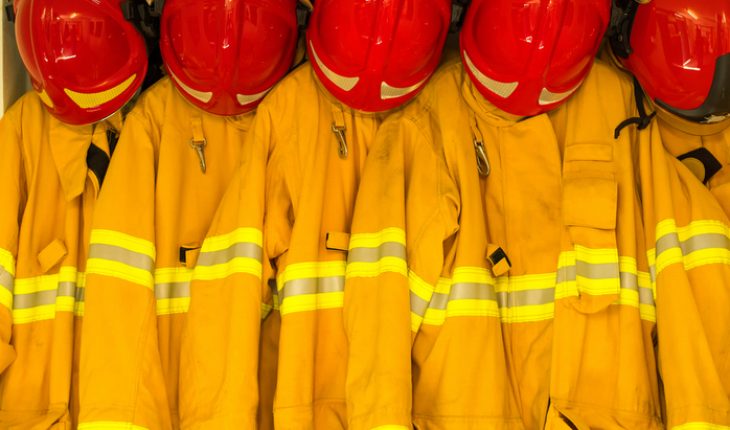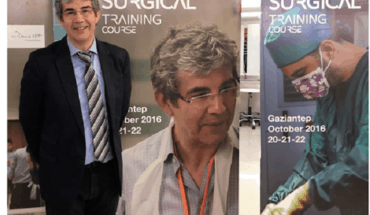GoPro cameras fitted on firefighters’ helmets have helped improve commanders’ decisions during emergencies.
Fire officers were fitted with the cameras during virtual reality simulations, giving Cardiff University researchers a unique perspective on how judgements were made in emergencies.
The study showed decision-making was often intuitive and reflexive, with officers affected by past experiences of similar incidents.Having established decisions were being made intuitively, additional work created new training methods, improved processes and national policies.
The new ‘Decision Controls’ were tested in virtual reality simulations of major incidents and “live burns”, and moved officers from intuition towards analytical decision-making.
The project started as a collaboration with the Chief Fire Officers Association, arising as a result of Dr Sabrina Cohen-Hatton’s dual role as Honorary Research Fellow at Cardiff University and co-author of the National Operational Guidance for incident command.
Dr Cohen-Hatton, now Deputy Assistant Commissioner at London Fire Brigade, said: “The project investigated whether the balance between different types of decision making by experienced Incident Commanders could be modified through training in the use of a rapid mental checklist – ‘Decision Controls’.”
“It highlights the value of evaluating goals and anticipated consequences, and a risk/benefit analysis, once a potential course of action has been identified.”
Professor Rob Honey, School of Psychology added: “The findings showed that a relatively short period of goal-oriented training had a marked impact on the nature of decision-making. This makes the research all the more remarkable, given that many participants had years of experience in senior roles.”
The pioneering methods were used to evaluate decisions at the UK’s largest ever multi-agency exercise—Exercise Unified Response—which featured a full-scale model of a train derailment and tunnel collapse at Waterloo Station.
A number of fire and rescue services have also adopted helmet-mounted cameras to support training and development.
The project is a winning finalist in University’s 2017 Innovation and Impact Awards.
- Combination of drugs could prevent thousands of heart attacks - 21st April 2025
- UQ Study Links Poor Teen Diets to Heavy Social Media Use - 21st April 2025
- Gut microbiome could delay onset of type 1 diabetes - 3rd April 2025






